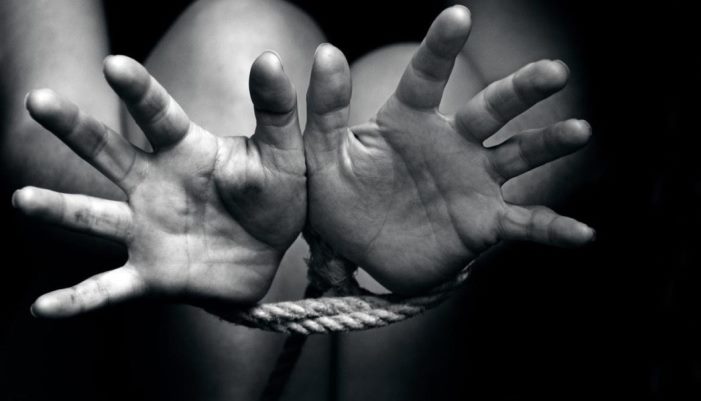Nigeria’s long-simmering kidnapping epidemic, once confined to the bandit-ridden hinterlands of the North-West, is seeping into the economic arteries of the nation, ensnaring residents of Lagos, Abuja, and other megacities in a nascent wave of urban abductions.
This shift, analysts warn, threatens to cripple social fabric and investor confidence, potentially derailing the fragile economic recovery.
Previously the domain of rural communities and highways, kidnappings orchestrated by bandits and criminal gangs have become an unwelcome reality in urban sprawls.
Data from SB Morgan paints a grim picture: between July 2022 and June 2023, over 582 incidents resulted in the abduction of 3,620 individuals. Ransom demands reportedly topped N5 billion, with at least N302 million confirmed paid – a figure likely understated due to underreporting.
While the North-West and North-Central regions remain hotspots, the geographical distribution of kidnappings is morphing. South-Western states, particularly Lagos and Ogun, are witnessing a worrying surge.
This southward creep reflects the evolving tactics of criminal syndicates, seeking lucrative targets beyond their traditional hunting grounds.
The economic repercussions are immediate and severe. Fear and uncertainty are chilling social activities and dampening consumer confidence. Businesses, particularly in the hospitality and tourism sectors, are grappling with reputational damage and potential boycotts. This, coupled with the financial burden of ransom payments, could stifle investment and impede economic growth.
The Nigerian government faces a herculean task in curbing this burgeoning crisis. Strengthening law enforcement in urban centers, enhancing intelligence gathering, and cracking down on ransom payment networks are crucial steps. Addressing the root causes of poverty and inequality that fuel criminality is equally critical.
The death of four abducted victims from the Sagwari Estate Layout in Dutsen-Alhaji area, Bwari Area Council in Abuja, led to public anger.
The criminals killed the victims for allegedly delaying paying the ransom.
Among those killed where Nabeeha Al-Kadriyar, a 400-level student of Biological Science, Ahmadu Bello University, Zaria, and 13-year-old Folashade Ariyo, who was abducted by bandits alongside her mother and three siblings.
Her father, a prominent Nigerian lawyer, Oladosu Ariyo, based in Abuja, recounted his ordeal in a public plea shared online.
He narrated how armed men stormed his home on January 7th, kidnapping his wife and four children. Despite raising N7 million out of a N60 million ransom demand, the kidnappers refused to release the family and brutally killed his eldest daughter, Michelle.
His desperate plea for help from the Nigerian Bar Association and the government highlights the growing sense of helplessness among citizens grappling with rampant kidnappings.
Recent cases underscore widespread threat
In December, 10 passengers were kidnapped along a road in Enugu State.
A nursing mother and her three children were abducted in Abuja.
A musician and band members were similarly targeted in the capital city.
Reports indicate a southward shift in kidnappings, with Lagos and Ogun states witnessing a rise in such incidents.
The December abduction of a 13-year-old schoolgirl in Lagos and the kidnapping of a car dealer in the same month exemplify this troubling trend.
Michelle and Nabeeha’s tragedy serves as a stark reminder of the urgent need for the Nigerian government to address the escalating insecurity crisis. Effective law enforcement, improved intelligence gathering, and targeted social programs are crucial to combatting kidnappings and restoring safety to the nation.


